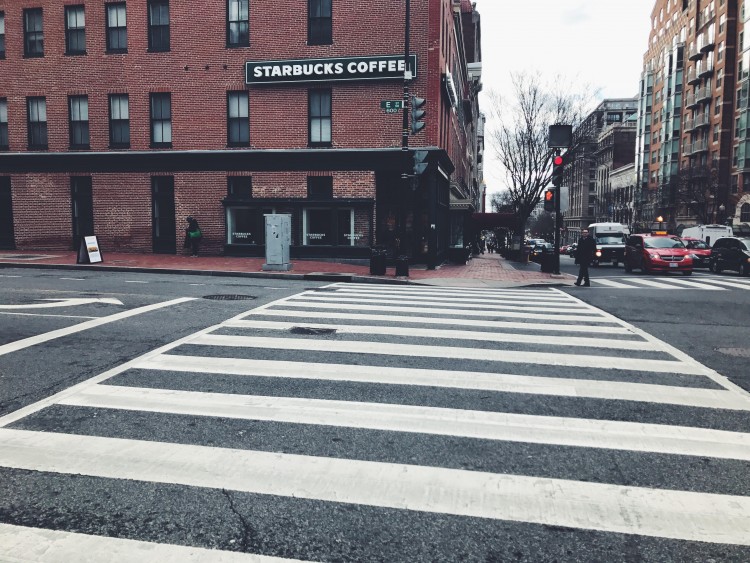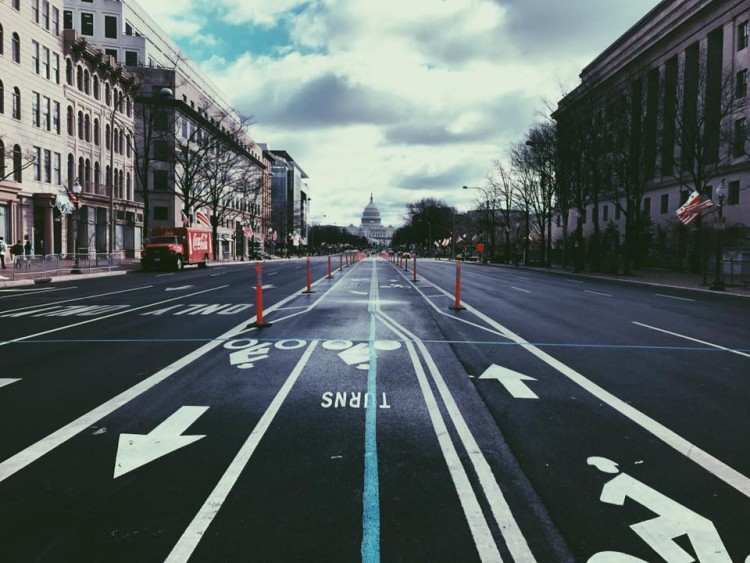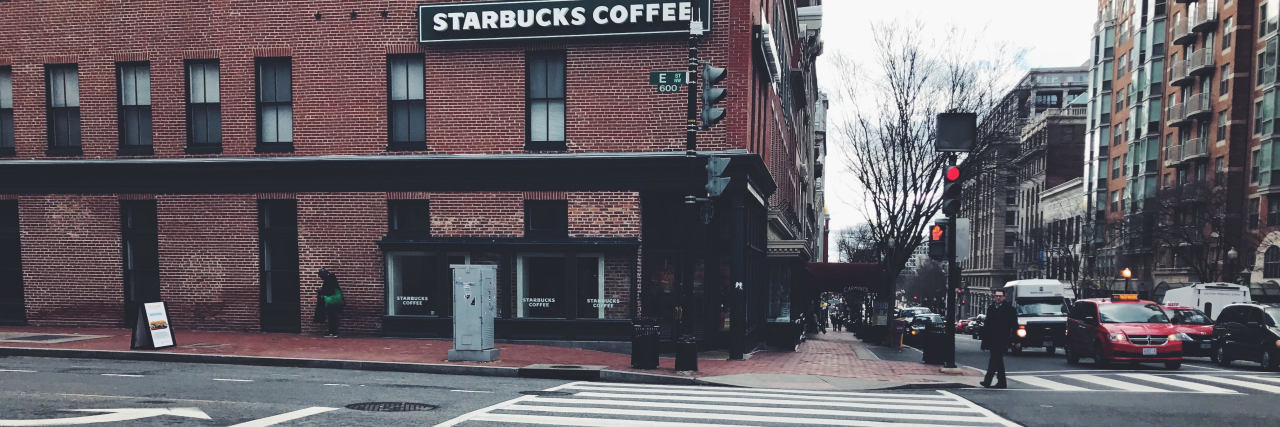After completing my master’s degree, I decided to take time off to travel before starting my full-time job. I was lucky enough to be afforded this opportunity and had waited in anticipation throughout my college career to finally have some time off to relax.
As anyone with a chronic illness knows, life can be unpredictable. My Crohn’s disease has prevented me from lots in the past, particularly when it comes to travel. I could not study abroad as an undergraduate because I struggled to maintain remission for more than a few months at a time. I have had to leave vacations early, or not attend at all, because of my Crohn’s disease. As I enter into a time of my life that is supposed to be filled with fun trips and vacations, there is constantly a worry in the back of my mind that I will be too sick to check off all of the items on my bucket list.
I am writing this on a plane at the start of my fourth trip in the past two months; this week I am heading to Washington D.C. and Nashville. My Crohn’s disease is not terrible, but also not great at the moment, so, per usual, I have to consider the limitations and contingencies I might incur. Although I may have to make a few more accommodations than the average person, I am still able to make the most of my experiences.
Here are a few of my essential travel tips to lessen the baggage that comes along with Crohn’s disease:
1. Buy travel insurance.
Unfortunately, I have had to cancel flights in the past because my disease was flaring and I was not healthy enough to leave home base. Ensuring you can get your money back for your flight in the event of a medical complication is definitely worth the extra 20 or so dollars. If you’re anything like me, committing to travel plans ahead of time is a gamble and this way, you can rest assured (and by rest I mean nap excessively) that the hundreds of dollars spent on airfare won’t go down the drain.
2. The aisle is your best friend.
To lessen my Crohn’s-related plane anxiety, I always book the aisle seat. It is tough enough dealing with the tiny airplane restrooms, let alone having to ask the person next to you to get up and let you out, sometimes more than once. Also, take a peek at the layout of the plane when choosing your seat at the time of purchase and if possible, select a row closest to the restroom.
3. Bring your own snacks.
It is difficult to predict what types of food you will have access to, especially in a new city. I always carry snacks that I know will not upset my stomach in my purse or backpack. I would much rather be prepared than be left with no other choice than to eat foods I know will not agree with me. And never be afraid to speak up for yourself; there have been times when my family has eaten at a Mexican restaurant (a big no-no for me) and I went elsewhere to find a “safer” meal.
4. Carry all essentials on your person.
Layovers happen, as do changes in plans. If you take oral medication, whether early in the morning, during the day or late at night, bring it with you. This also applies to items you may not always need, like a change of underwear and even pants. No one likes to talk about this one, but accidents happen, and it is better to be safe than sorry.
5. Stick to the basics.
A big part of traveling is eating and drinking new things, which for me and many others with digestive issues can be a source of trouble and anxiety. It is easy to forget about the consequences of certain foods and want to treat yourself to things you wouldn’t normally eat. I’m not saying you should deprive yourself of great food, but practice moderation. I have found that if I stick to a diet my body is used to 95 percent of the time while on vacation, that other 5 percent can be filled with fun foods without too much issue.

6. Scout out the territory.
The first thing I do when I go anywhere is find the nearest restroom for reference in case I need it later. This has become routine for me; my family has even fallen into the habit of pointing out the restrooms to me upon entering a store, restaurant or any new place. When struck with the painful and panic-inducing urgency to go to the bathroom, knowing which direction to head in makes that moment a lot easier.
7. Don’t be afraid to ask.
In many cities, bathrooms are locked to non-customers. This has been a major issue for me and others I know who struggle with IBD. While some establishments are very strict on this policy, others are willing to accommodate you if you simply explain the situation. Quickly find an employee and kindly ask for access to their bathroom. If this fails, I have even found luck in approaching a paying customer and asking for their receipt to see what the passcode is to the restroom.
8. Stay cool.
If you are traveling with a medication that you self-inject, such as Humira, bring the pens or syringes packed on ice in a cooler. Most of these types of medications cannot be left out of the fridge for extended periods of time. I was able to attain a free cooler and ice packs for when I travel with my Humira from the drug’s website. Going through airport security has typically been a nonissue in my experience, with the exception of one instance when I had to explain why I was carrying a sharp object. If you are staying in a hotel, be sure to call ahead and verify the room has a refrigerator; if it doesn’t, explain you need one for a medical reason and they will accommodate your request.
9. Keep it clean.
Although I don’t particularly enjoy using hand sanitizer, I make sure to always keep it in my purse while traveling. I would much rather have my hands smell like alcohol than catch a cold from a stranger. Germs are everywhere, especially in public places, and being on some heavy duty immunosuppressants makes me a prime target for catching whatever bug is going around. Sanitizing wipes are also good for quickly wiping down plane, train and toilet seats before you pop a squat.

10. Know your limits.
If you are anything like me, you get overly excited and ambitious when visiting a new place. I want to do everything and anything there is to do and sometimes I forget that I need adequate rest to avoid a burnout. This is a tough one, especially when traveling with others that share your excitement and ambition for exploration. If you need a nap or are feeling too tired to function without a sugar rush or caffeine boost, listen to your body. Tell your friends or family that you’re going to sit out the next afternoon or late-night adventure. Trust me, although you may fear missing out on a fun time, you will feel better the next day if you slow things down when necessary. Knowing my limits helps to make my Crohn’s disease less limiting in the long run.
We want to hear your story. Become a Mighty contributor here.

